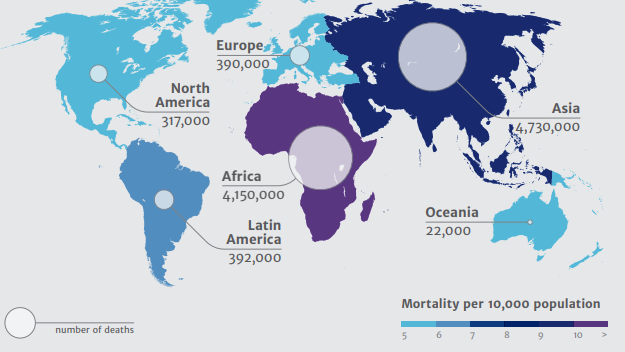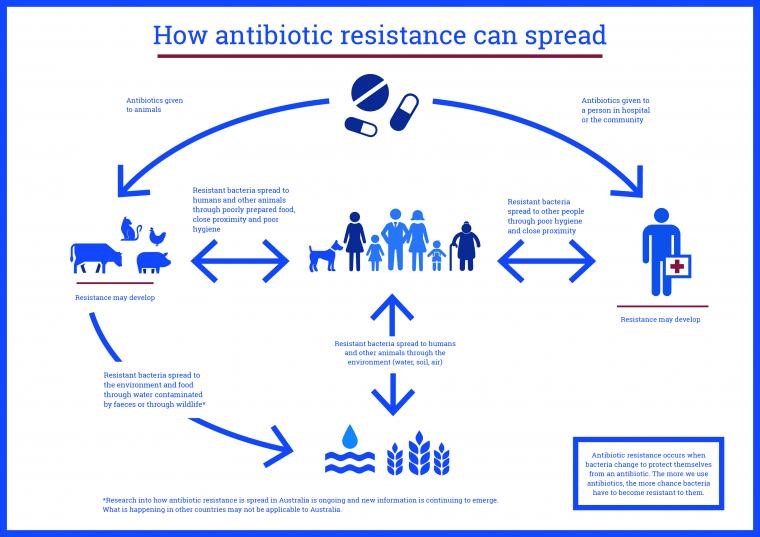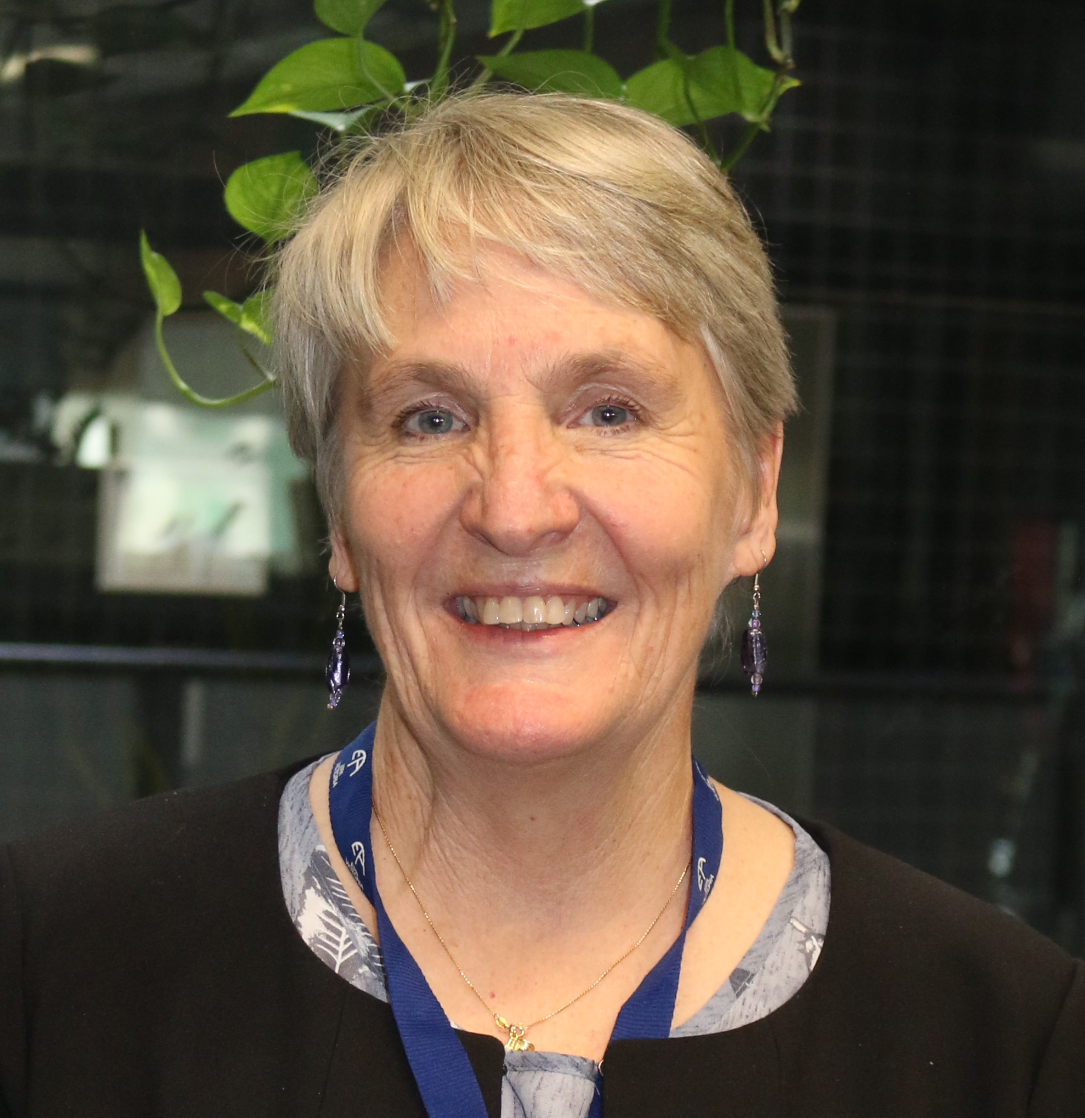Superbugs are escaping the hospital walls and entering the general environment with a study commissioned by the UK Department of Health and the Wellness Trust (Review of Antimicrobial Resistance) forecasting the potential human death toll at nearly 10 million globally at a cost of $US100 trillion by 2050 as super bugs spread into the general environment.
Bacteria, viruses and parasites – microorganisms – can be found everywhere, in our environments and inside our bodies. Many are harmless and can be beneficial for our health, but some (pathogens) can cause disease.
Although antimicrobial drugs such as antibiotics have been very effective in controlling disease, over-use and misuse has led to some pathogens becoming resistant. These pathogens are commonly called superbugs and Environment Protection Authority Victoria (EPA) considers this an emerging risk to the environment and human health.
The World Health Organization has declared antimicrobial resistance (AMR) a global health emergency and has called upon nations worldwide to urgently address and manage this issue.

Review of Antimicrobial Resistance – predicted AMR related death toll annually by 2050
AMR is also an environmental contamination issue. Antimicrobial agents, such as disinfectants, antimicrobial resistant organisms and antimicrobial resistant genes are all considered to be environmental contaminants.
“One of the ways antimicrobial resistance can be transmitted in the environment is through our waste water systems. This contaminated AMR water can be consumed by animals or used on crops, which are then consumed either directly or indirectly by humans.” explained EPA Chief Environmental Scientist Dr Andrea Hinwood.

Review of Antimicrobial Resistance
“There is also emerging research on the role of chemicals in the environment, specifically metals and pesticides, that are affecting resistance genes.
“To help us understand AMR, its impacts and possible effects in the environment, EPA is hosting a seminar with internationally renowned Associate Professor Erica Donner, as part of its Environmental Science Seminar series.”
Associate Professor Donner leads an international collaboration project on antimicrobial resistance in wastewater treatment plans and downstream environments and is a member of a number of prestigious microbial resistance working groups.
Associate Professor Erica Donner will share her research on this topic about:
- health effects
- the current state of knowledge in key environments
- what we can do to assist in preventing the further development and spread of AMR.
When: 21 May 2019 12:00pm to 2:00pm
Where: Victoria University, City Flinders Campus, Level 12, 300 Flinders Street or live streamed
Register to attend live or via online streaming at https://www.eventbrite.com.au/e/environmental-science-seminar-series-antimicrobial-resistance-outside-the-hospital-walls-tickets-60790817973
EPA Science Series Seminars are free to attend but tickets to the live session are limited and by registration in advance only.
Associate Professor Erica Donner

Associate Professor Erica Donner is an environmental scientist who specialises in environmental chemistry and microbiology. Her research provides a fundamental basis for environmental risk assessment and management, and she works across a range of interdisciplinary research topics ranging from the transport, fate and effects of environmental contaminants, to wastewater treatment and reuse, and the beneficial use and optimisation of treated waste products.
Associate Professor Donner leads an international collaboration project on antimicrobial resistance in wastewater treatment plans and downstream environments. She is a member of the European COST Action ES1403 Working Group on the 'Microbiome and mobile antibiotic resistome in treated wastewater and downstream environments' and is Deputy Chair of the Wastewater and Water Environments Working Group for the international JPI AMR ‘WAWES’ network: “Wildlife, Agricultural soils, Water environments and antimicrobial resistance - what is known, needed and feasible for global Environmental Surveillance”.
Dr Andrea Hinwood

Dr Andrea Hinwood was appointed as Victoria's first Chief Environmental Scientist in 2017.
Dr Hinwood is an accomplished environmental scientist with specialist expertise in environmental exposures and human health.
Dr Hinwood was previously an Associate Professor at Edith Cowan University and held appointments as a member and Deputy Chair of the Environmental Protection Authority of Western Australia and a sessional member of the State Administrative Tribunal of Western Australia.